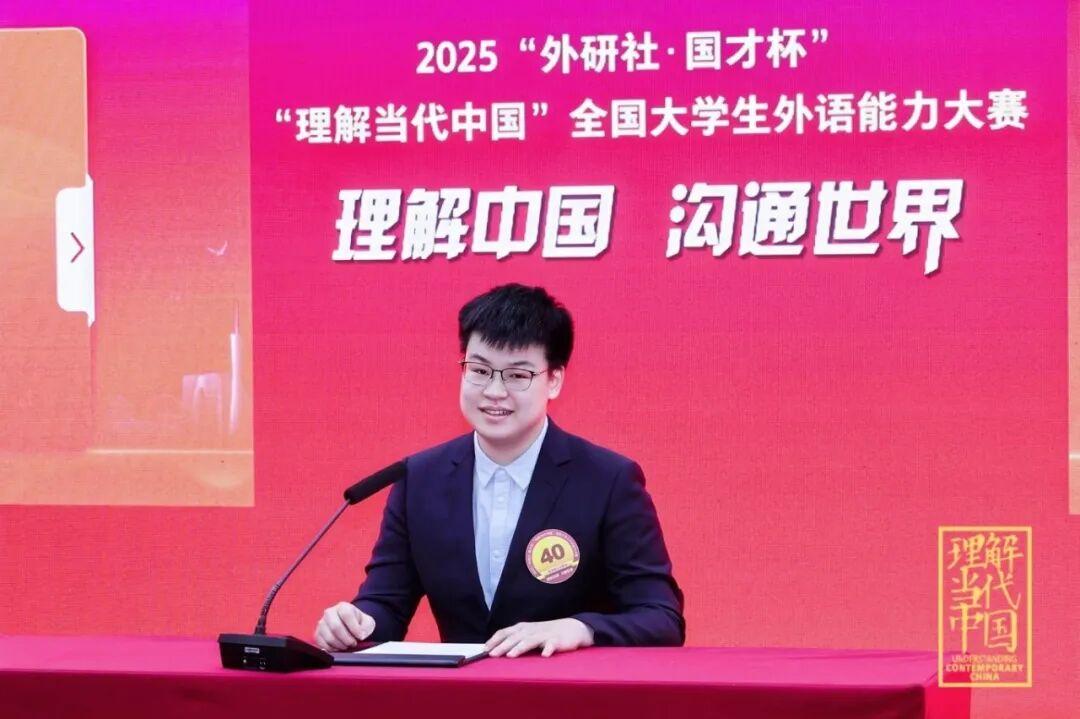WKUers Clinch National Third Prize in the CULSC
The 8th China University Life Sciences Competition has drawn to an end. The team instructed by Prof. Bo Zhang and Ms. Xuan Zhou of the CSMT of WKU won the national third prize and provincial second prize in Zhejiang with their research project titled “Screening for High Activity Nattokinase and the Study of Key Active Sites.” The project “Investigation of the Mechanism of Bacillus in Atopic Dermatitis” won the provincial third prize.
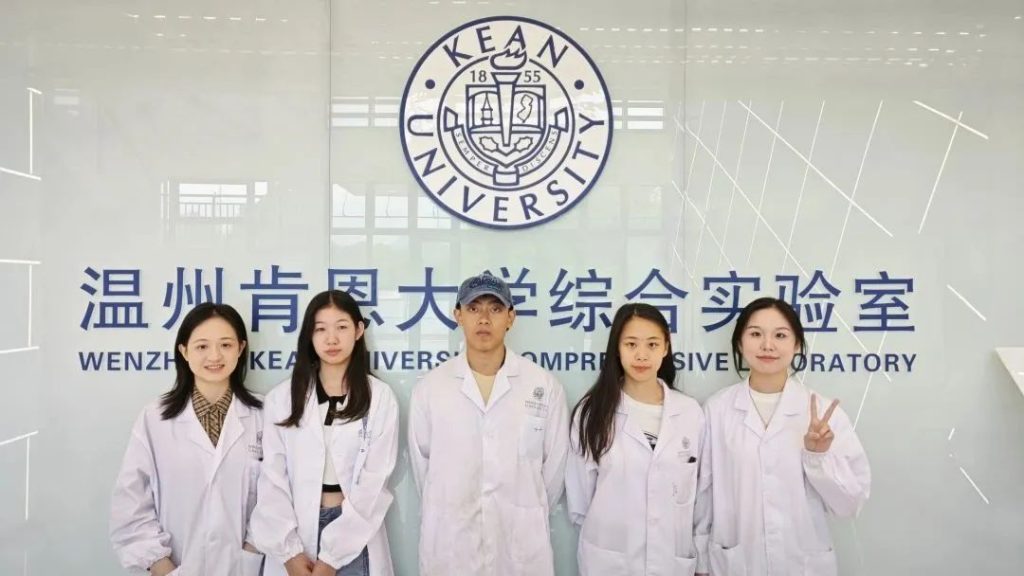
Part of participanting students who won the prizes
Unveiling Secrets of Eczema, Exploring Natto’s Health Benefits
In the competition, WKU’s College of Science, Mathematics and Technology recommended 9 groups comprising over 30 students from diverse majors such as Biology and Chemistry.

Instructor Zhang Bo, Zhou Xuan and the students in the experiment
“I think the highlight of the two projects is that firstly, the topic corresponds with social hot topics. Selecting a compelling topic is half the success. The second point would be the close cooperation and mutual trust between our instructors and team members during the competition,” commented Instructor Zhang Bo. The projects may seem very profound, but in reality, they are closely connected with people’s daily lives. The group members conducted research on eczema and cardiovascular disease. One group delved into uncovering the underlying biological mechanisms of diseases, while the other focused on protein engineering. Their aspiration is to provide innovative insights and solutions for these health issues and unleash their sense of social responsibility.
Blood clots are the main causes in numerous cardiovascular diseases, posing a serious threat to the physical health of people all over the world. “In recent years, not only on a global scale, but also within our own country, the incidence of thrombotic diseases has been steadily increasing. However, the treatment of blood clots is a significant challenge, and the prevention is even more difficult. While reading the literature, an enzyme caught our attention, so we started to do some experiments about it,” said Professor Zhang Bo. Natto, a common food found in many families, has long been hailed as a natural elixir of longevity. Does it really have healing properties for thrombotic diseases? The team composed of Chen Chen, Jiang Jinyang, and Zhong Jizhen who won a national third prize isolated and identified 200 Bacillus strains from soil and human sources, tested their hemolysis and thrombolysis properties, and provided strategies for future strain selection, exploring more possibilities for preventing cardiovascular diseases.
The team of Shiqi Jin, Xindi Zou, Keshuo Luo, Ziyu Zhang and Binyan Yuan, which won the provincial third prize, explored a new pathogenesis of eczema, and they hope that one day their study will contribute to the prevention and treatment of eczema. Atopic dermatitis (AD) is a common non-infectious chronic skin disease, commonly known as eczema, which continues to trouble patients with its characteristics of itching, recurrent episodes, and stubbornness. Modern science has tried to explore the hereditary, immunological, microbiological and environmental aspects of this disease, but its pathological mechanism remains unclear. There are no clinically recognized criteria for diagnosis, and proper treatment and prevention of the disease have not been established. Based on an unexpected finding they discovered from their microbiology experiment, the team explored atopic dermatitis from a unique perspective that has never been reported before, proposing a new research direction for its pathogenesis.
From a 70,000 U.S. Dollar Scholarship to 5 Offers from Top Universities
CULSC is the only college student competition jointly initiated by multiple ministries of the Ministry of Education (MoE) in the field of life sciences. The competition covers the entire research process from literature review to research design, experiment execution, data analysis and results interpretation, summary writing and the composition of the papers. The competition emphasizes critical thinking, creativity and independent thinking skills. CSMT of WKU has shown immense interest in this competition, starting recruitment as early as September of 2022, when the details of entry were announced. The participating teams actively engaged in the experiment in their spare time and even during the holiday seasons. Seminars, training and group meetings were routinely carried out by the CSMT. The participating students were not only in charge of the investigation, monitoring, testing and inspection, diagnostic and analysis, prevention and control of fundamental experiment protocol and technologies but also cultivated social responsibility, a sense of creativity, teamwork and hands-on work experience.
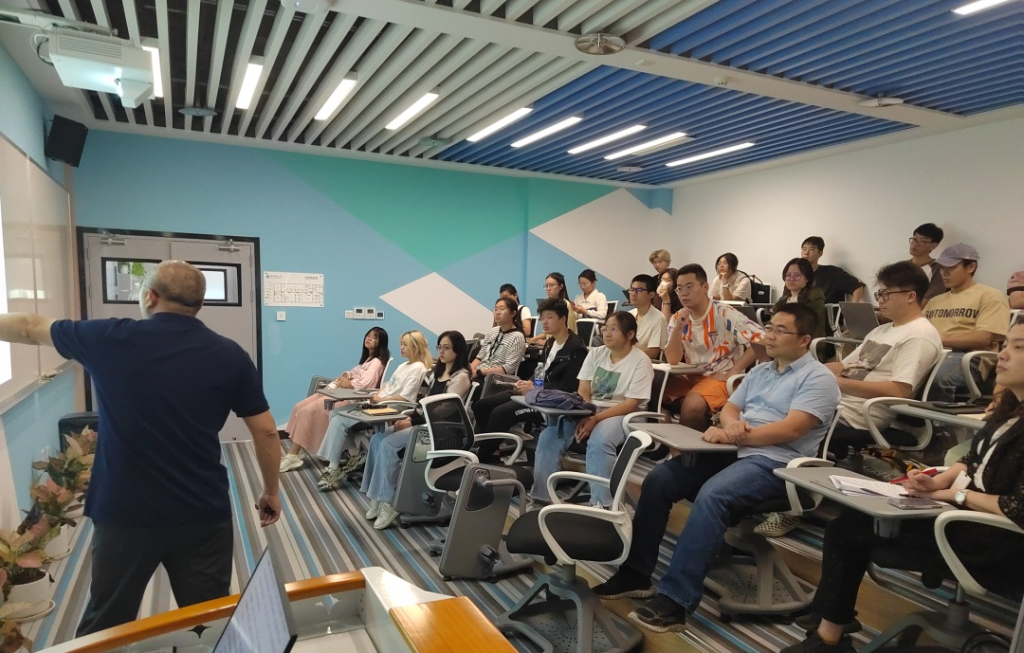
Competition training seminars organized by CSMT
Undoubtedly, the biggest beneficiaries of this competition are the students themselves. Jinyang Jiang, who won the national third prize expressed that time management and teamwork is the key to success. He says that the coordination between each member and the collective effort of the team have brought a positive influence on his work and personal life. The team members in this competition are all recent graduates who have started their master’s studies or those who have started working. During the competition, these members not only faced the harsh decisions life offered them but more importantly had to cope with the fierce atmosphere posed by the competition. “During this competition, students have gained significant knowledge of the research process and learned to pay more attention to details, and this increase in knowledge of the research process will in turn positively affect their study. Students were also trained in their ability to work under pressure and face failure due to the designated deadlines set out in each section,” said Prof. Zhang Bo.
The sentiment is best exemplified by the members of the eczema project team who participated in the competition. Just graduated this year, Shiqi Jin secured a $70,000 annual scholarship and received a full scholarship offer for a two-year master’s program in Biological Sciences at King Abdullah University of Science and Technology (total value of $70,000). Similarly, Xindi Zou received offers from prestigious institutions such as Johns Hopkins University, the University of Michigan-Ann Arbor, Northwestern University, New York University, and King’s College London.
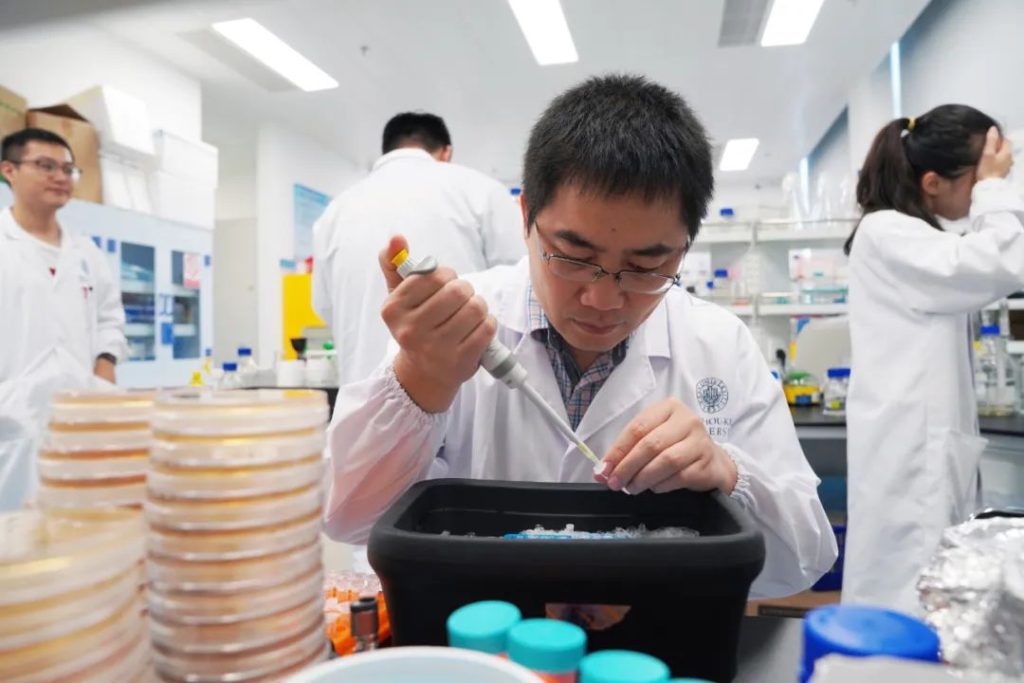
The project team in the experiment
Furthermore, the participating students also expressed that this year-long project has been a journey of exploration into the unknown. It has brought them joys of discovery but has also involved numerous setbacks, from the initial months of failures and refining the plan to the exhilaration of their first successful breakthrough. This experience has deeply ingrained in them an understanding of the challenges of scientific research, which has become a significant part of their growth and development.
This competition has served as an important platform to cultivate scientific innovation and creativity, moreover, it served as a testament to the ability of each post-secondary institution’s ability to nurture undergraduate talents in related fields of life sciences across the country. The results for WKU at the competition were hard-earned especially at a level of fierce competition in the life sciences. The list of final nominations included teams from schools in Project 985, and some of the award-winning research topics are particularly in-depth, which is closely related to the nation’s emphasis on STEM majors. This has posed greater challenges not only for educators, but for all WKU students as well. The challenge being, through four years of training, will the students of WKU be able to compete on the same stage with students from other prestige institutions without falling behind? This will be a significant test in the realm of teaching and research at WKU. Granted, with its dedication to scientific research, WKU will have more exciting achievements in the future.
Translator: Yifei DING, Wenhui ZHENG
Proofreader: Wenwei XIANG
- Wenzhou-Kean University Spearheading Sustainability in Higher Education in Asia and in China, Awarded the AASHE STARS Gold-Certified in Sustainability
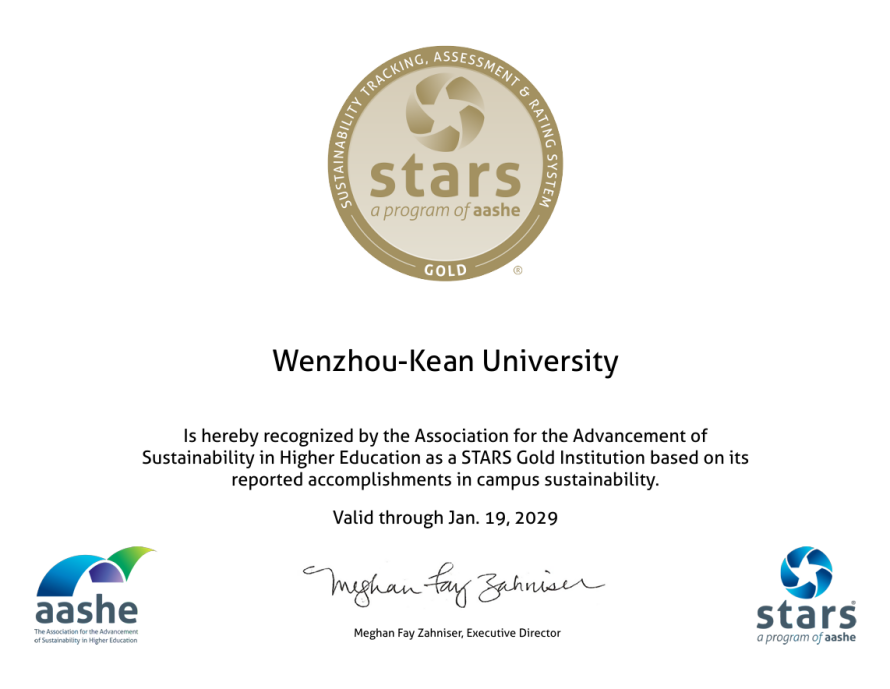
- Media Report | Wenzhou Daily: A Window into Friendship Between Chinese and U.S. Youths Wenzhou-Kean University Welcomes 340 Young Americans in Two Years
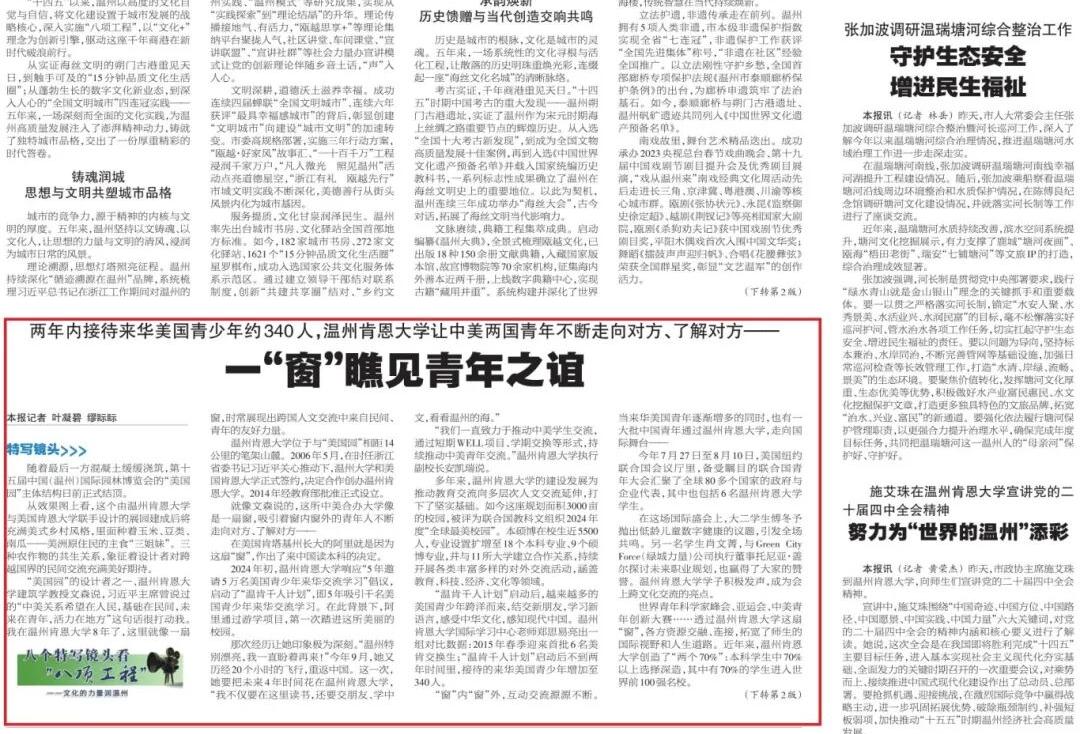
- WKU Student wins first prize in a national English speech contest: What is his answer to the value of boredom?
